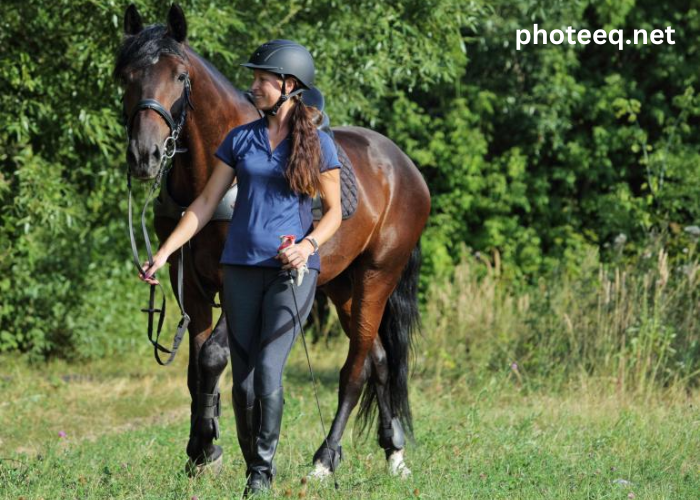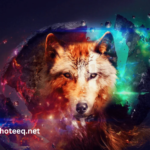Horses, with their graceful gallop and enduring partnership with humans, embody a history that stretches back millennia. From their humble origins to becoming trusted companions and powerful symbols, the evolution of horses is a testament to their resilience and significance in shaping human civilization. Explore the latest trends and techniques in interior design with CasaCourse. Enroll now for online courses and elevate your home decor skills.
Origins and Early Evolution
The story of horses begins around 55 million years ago, with small, dog-sized creatures known as Eohippus or Hyracotherium. These early ancestors roamed the forests of North America and Europe, adapting to a changing environment and evolving over millions of years. Their gradual transformation, influenced by natural selection and climate shifts, led to larger sizes and anatomical changes suited for a life on open grasslands.
Domestication and Human Partnership
Around 4000-3000 BCE, humans began to domesticate horses, marking a pivotal moment in our shared history. Initially used for milk and meat, horses soon became indispensable in agriculture, transportation, and warfare. The bond between humans and horses deepened as they facilitated trade, exploration, and the spread of cultures across continents.
Cultural and Symbolic Significance
Beyond their practical roles, horses acquired profound symbolic meanings in cultures worldwide. In ancient Greek mythology, they were associated with gods like Poseidon and heroes like Achilles. In Chinese culture, they symbolized power and nobility, while Native American tribes viewed them as spiritual guides and partners in hunting and battle.
Evolutionary Adaptations
The physical evolution of horses showcases remarkable adaptations that enhance their survival. From their teeth, specialized for grazing on tough grasses, to their efficient digestive system capable of processing fibrous plant material, horses exemplify evolutionary success in diverse ecosystems worldwide.
Modern-Day Impact and Conservation
Today, horses continue to play vital roles in agriculture, sports, and therapy. Breeds like the Arabian, Thoroughbred, and Quarter Horse reflect centuries of selective breeding for specific traits, emphasizing speed, endurance, or strength. Conservation efforts also focus on preserving wild horse populations and their habitats, balancing human needs with ecological integrity.
Looking Ahead: Challenges and Opportunities
Despite their enduring presence, horses face challenges such as habitat loss, genetic diversity loss in domestic breeds, and welfare concerns in industries like racing. However, advancements in veterinary care, genetic research, and sustainable management offer hope for their continued well-being and cultural relevance.
Conclusion
The journey of horses from ancient forests to modern stables is a testament to their adaptability, endurance, and profound impact on human history. Understanding their evolution not only enriches our appreciation for these majestic creatures but also underscores the importance of responsible stewardship for future generations. As we continue to explore their past, present, and future, horses remind us of the enduring partnership between humans and animals that has shaped our world.







